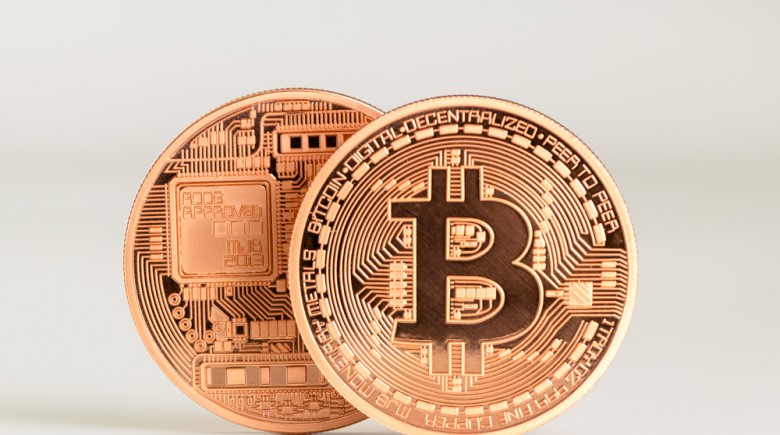Bitcoin was dealt a double whammy with China essentially ending Bitcoin and the U.S. threatening to do the same. While the crypto-currency has withstood a lot of body blows, these latest will be tough to counteract, at least in the short run. China has seemingly been watching the Bitcoin phenomenon closely ever since it made it’s first big run last spring. And while they warned potential customers about it, and even declared that businesses should not take it as payment, the latest maneuver is a tough pill to swallow:
The post came amid reports that Chinese regulators have directed third-party payment services to stop working with bitcoin exchanges. If users are not able to easily deposit yuan into their accounts, it will be difficult for the exchange to function normally.
For those of you unfamiliar with the crypto-currency lingo, that basically signals the end. As BitCoins are really just a computer code, there is no company involved. To buy and sell BitCoins conveniently exchanges popped up to help buyers and sellers meet up and trade. If they are no longer able to accept Yuan, China’s exchanges are basically shut down as there will be few buyers. And many credit the Chinese enthusiasm for virtual currency as the main reason for it’s huge run to begin with. As you might imagine, BitCoin investors did not like the news:
On BTC China’s exchange, bitcoin prices quickly dropped more than 25% to around 2,800 yuan ($460). Demand for bitcoin has been particularly strong in China, where investors have eagerly embraced the currency and helped drive its price to dramatic new highs above 7,000 yuan ($1,150) in recent weeks
And that is not all of the bad news, as the U.S. Government has weighed in as well, albeit in a slightly less heavy handed way:
Specifically, the Treasury’s Financial Crimes Enforcement Network (FinCEN) has sent “industry outreach” letters to about a dozen firms, regarding potential anti-money laundering compliance obligations related to Bitcoin businesses, FinCEN spokesman Steve Hudak told Thomson Reuters’ regulatory information service Compliance Complete.
As you might imagine, the firms receiving these “outreach” letters are taking them as threats and it is expected that most will immediately drop any association with BitCoin. Rather eerily, The Treasury’s tactics are similar to those of the Chinese. First, make a series of warnings and then boom, it’s all over. Now, let’s be clear, BitCoin is not owned by anyone or run by anyone, so it will continue on its merry way regardless of what governments do about it (short of cracking it open digitally, of course). But, as a potential currency, even just for the internet these blows will be difficult to overcome. Sure, the Chinese people can search around their local areas for buyers and sellers and do each trade one on one, but that is hardly convenient and sort of defeats the purpose of the thing. And there are other countries outside of China that are just beginning to get the hang of BitCoin, so there could be many months or years ahead of rising prices. And the online community may even find ways around some of these inconveniences. But, if governments can come down this easily on it, the road looks to be very rocky.






